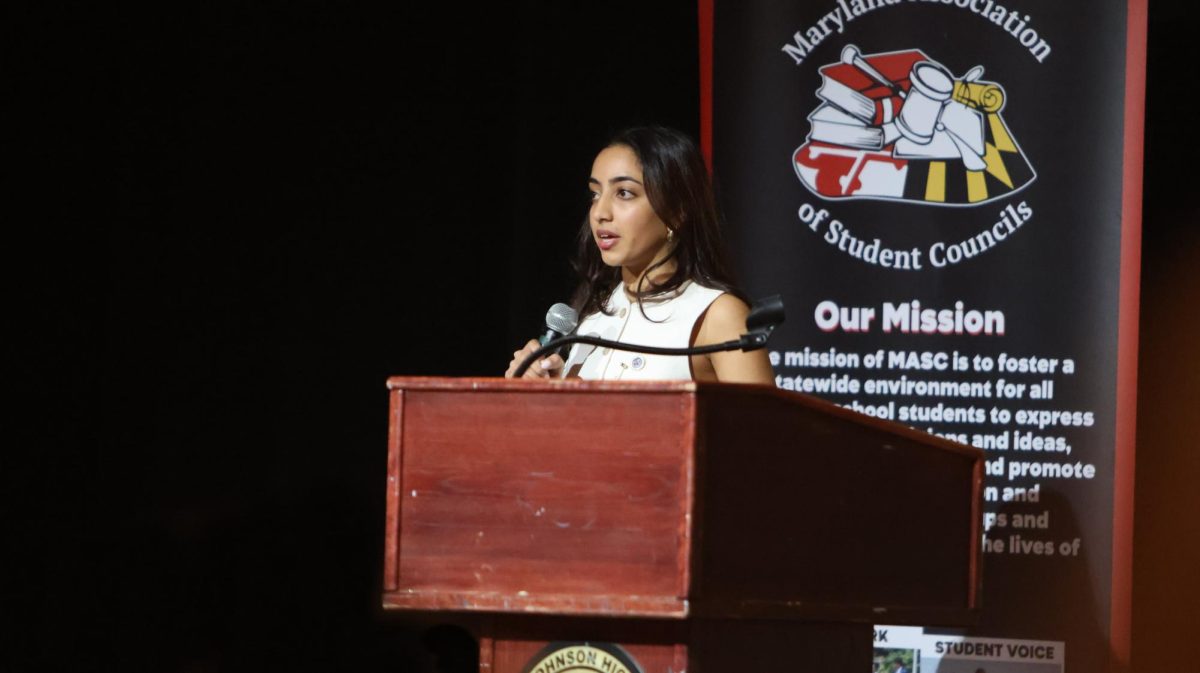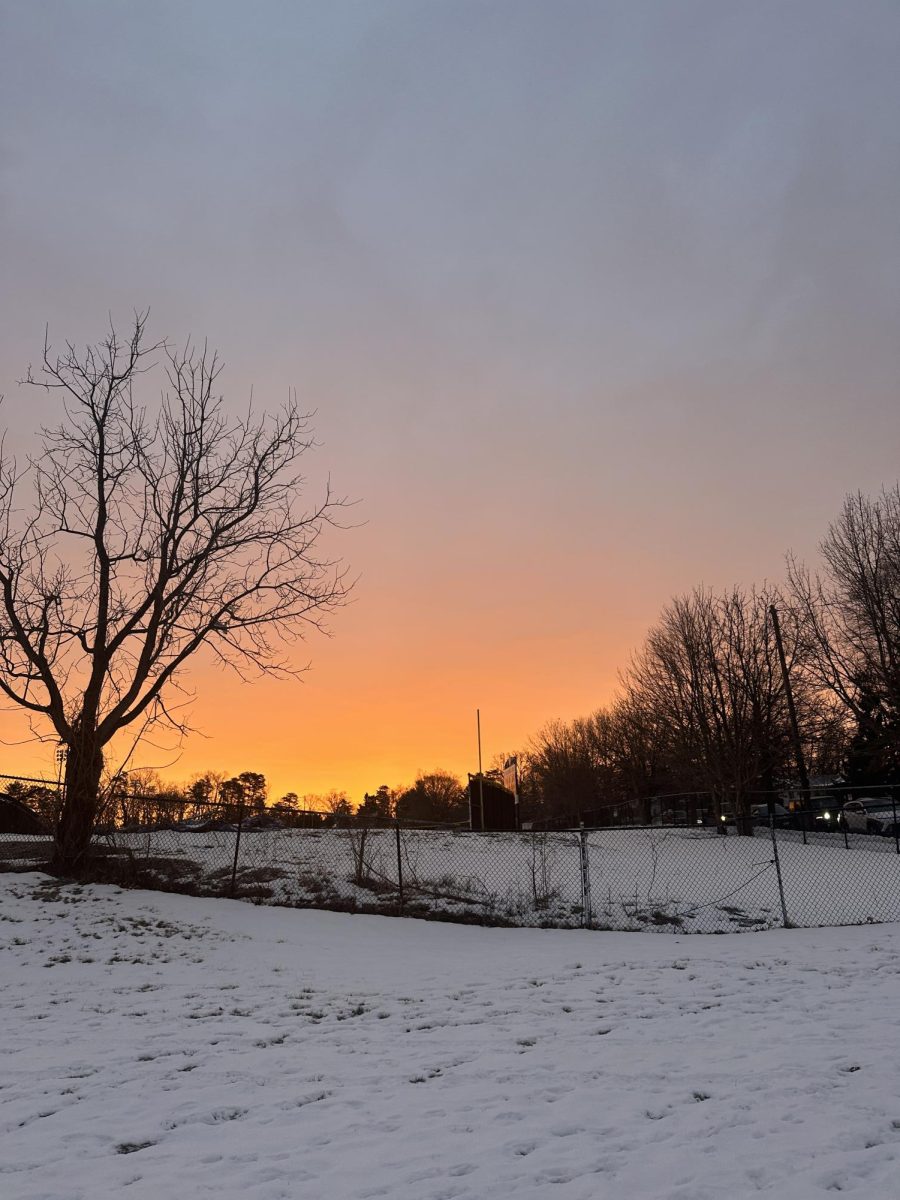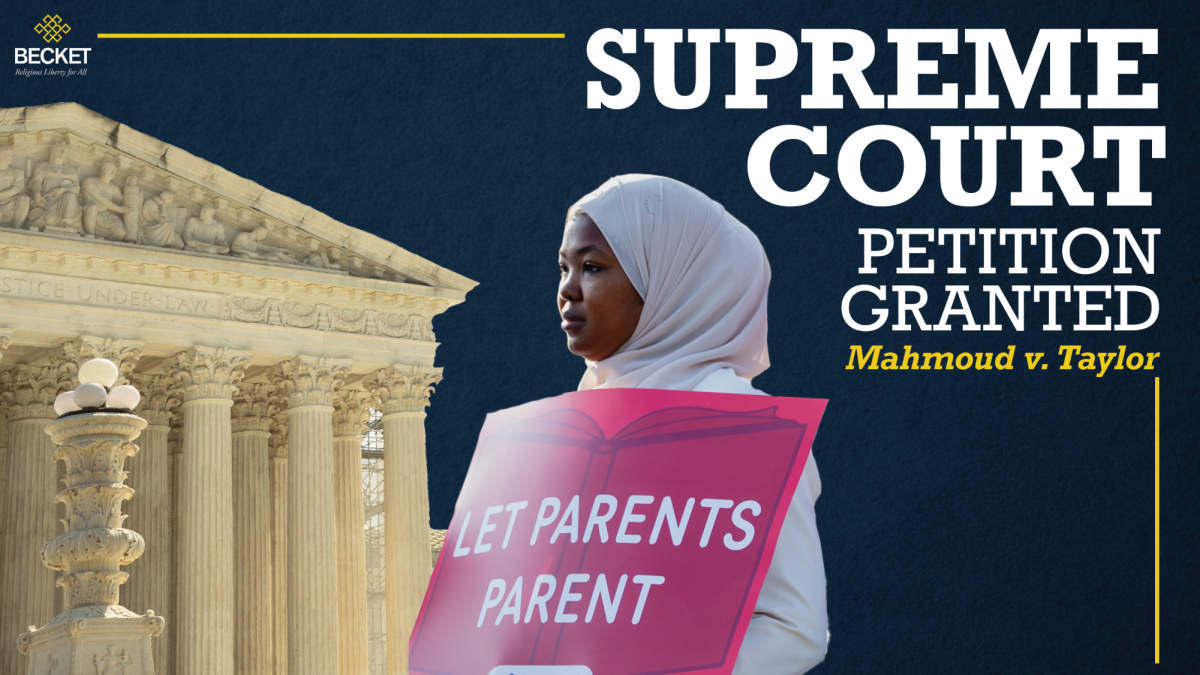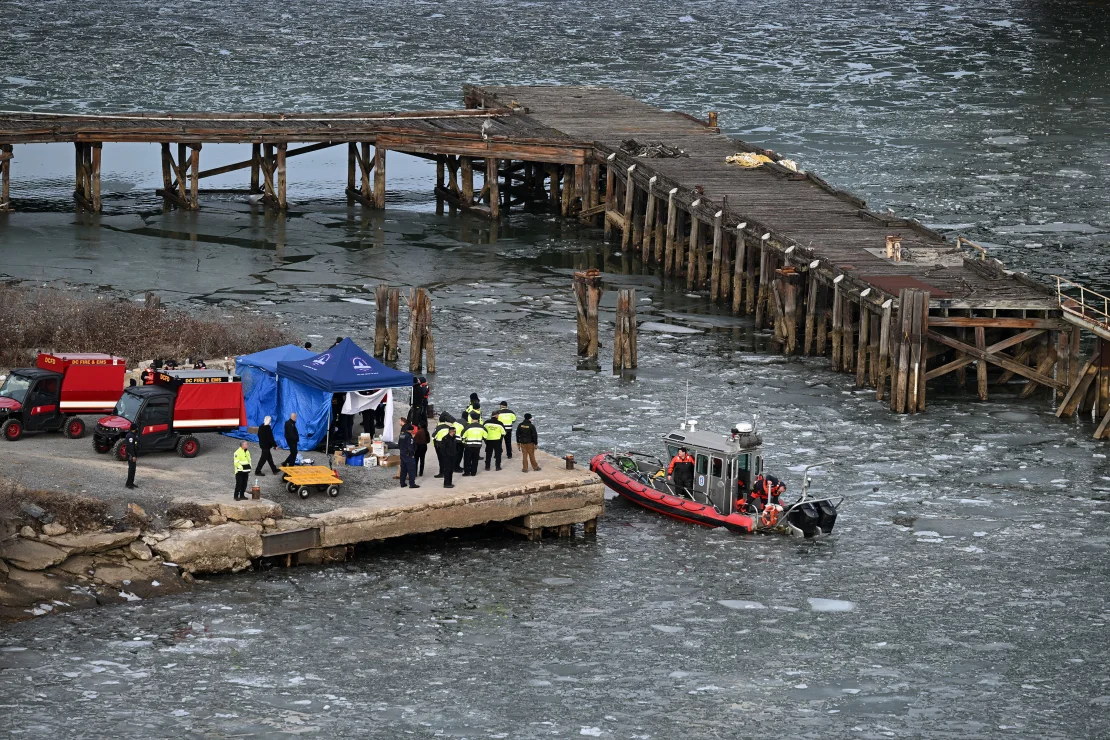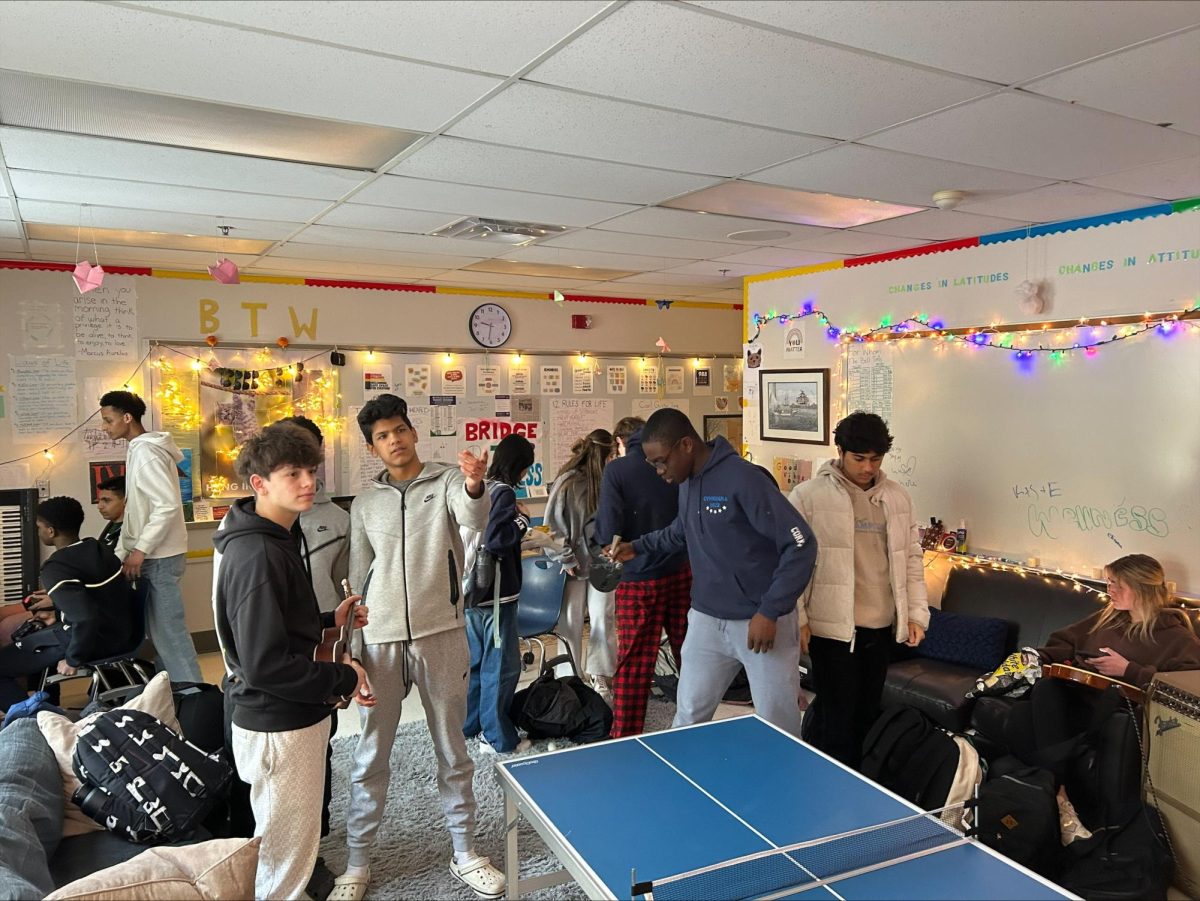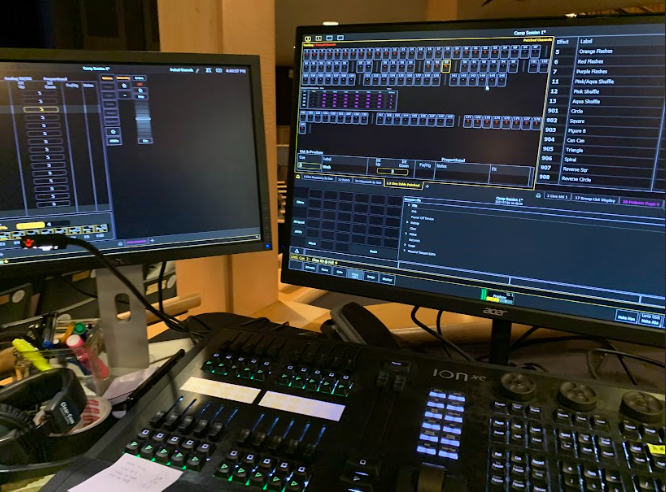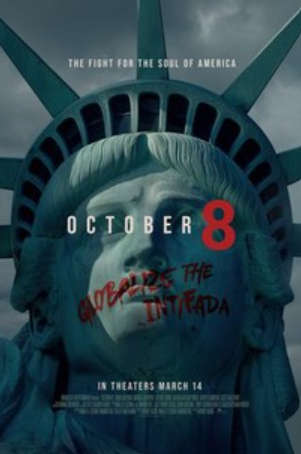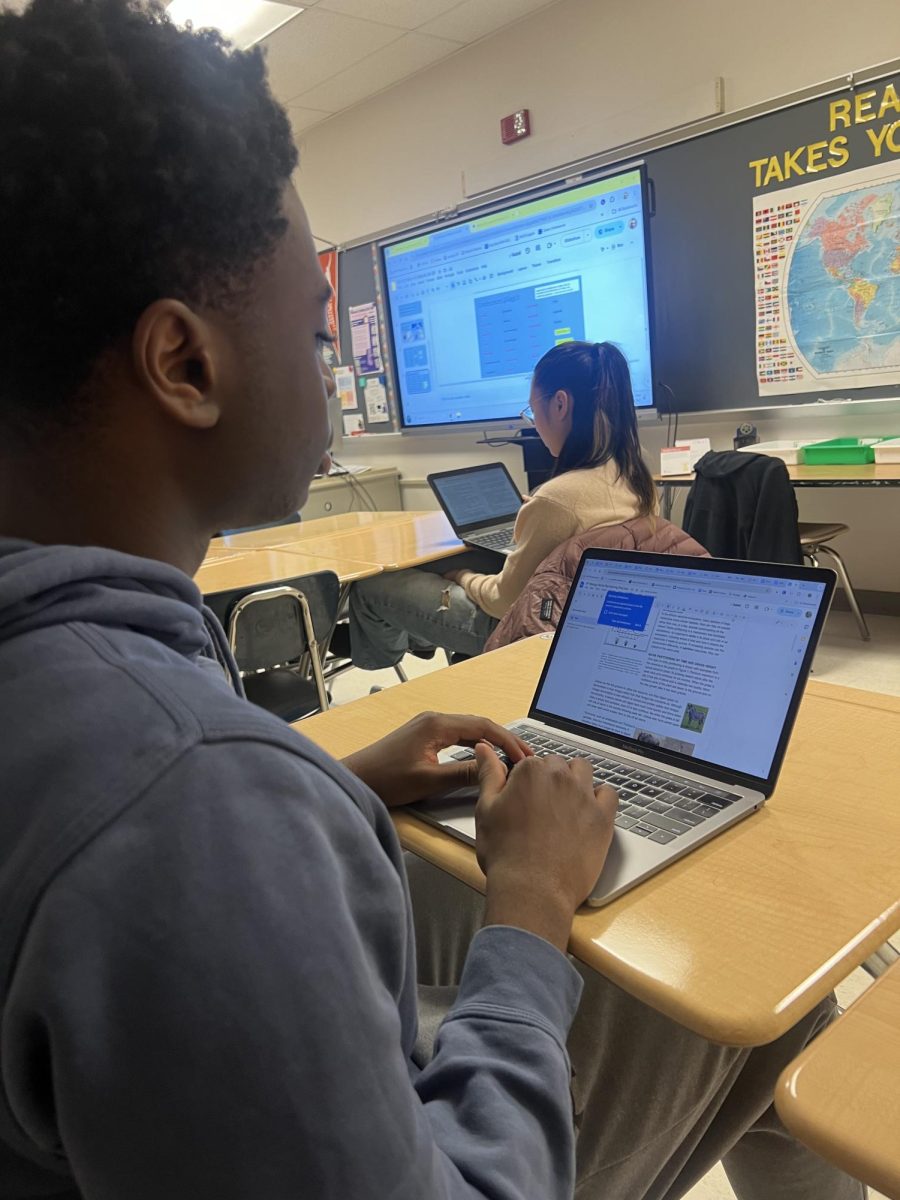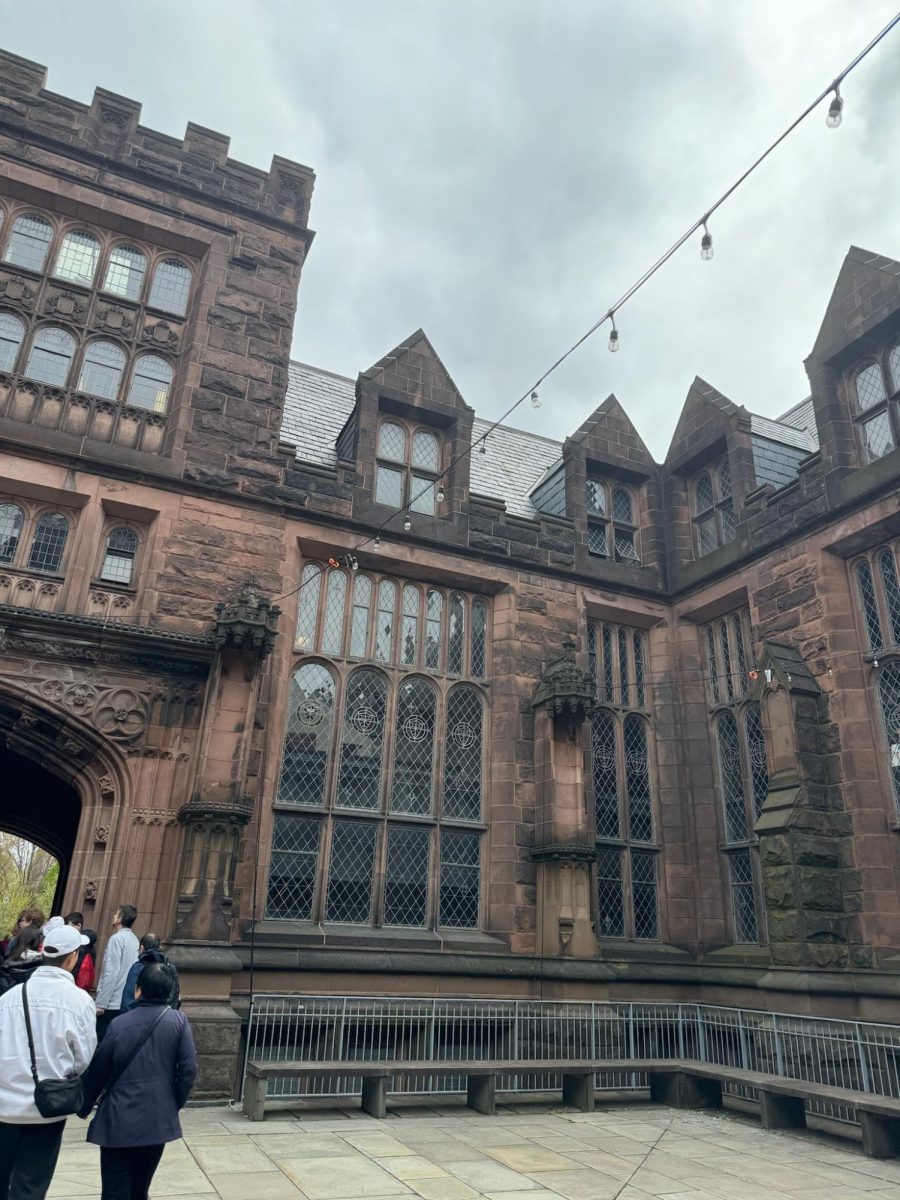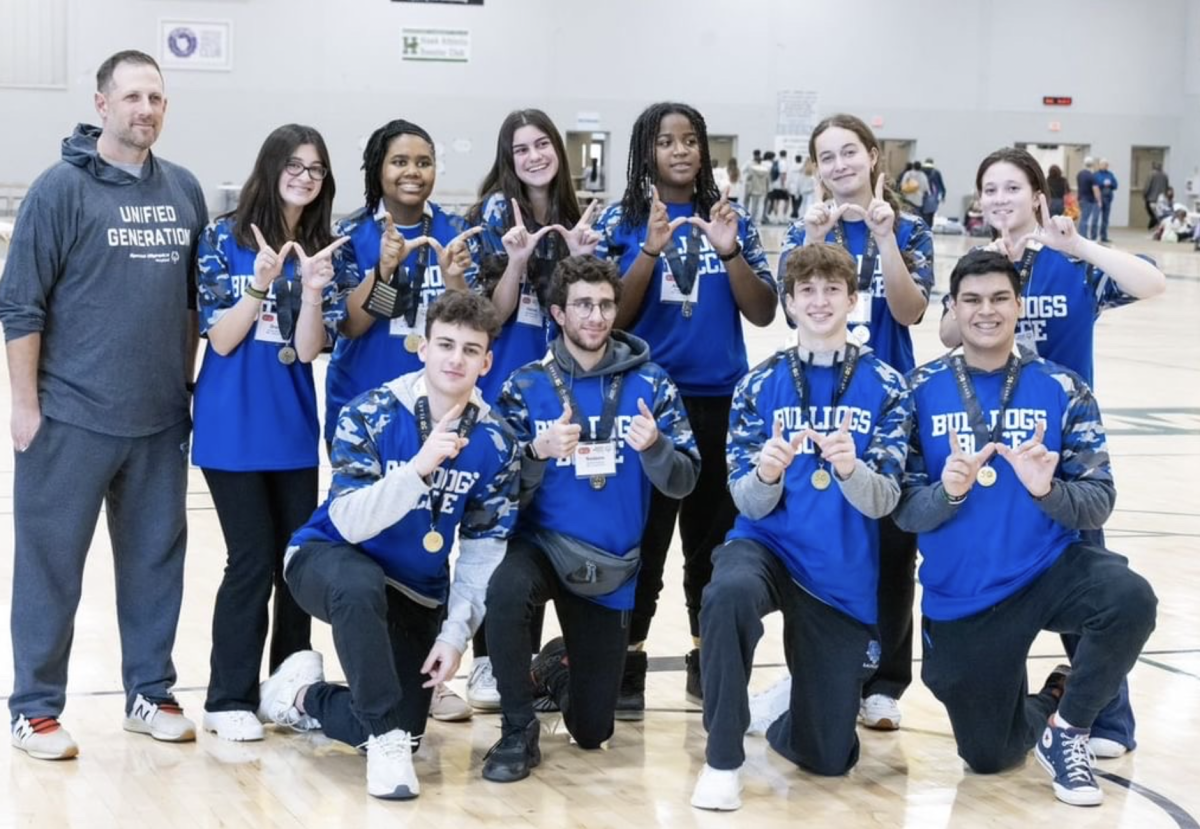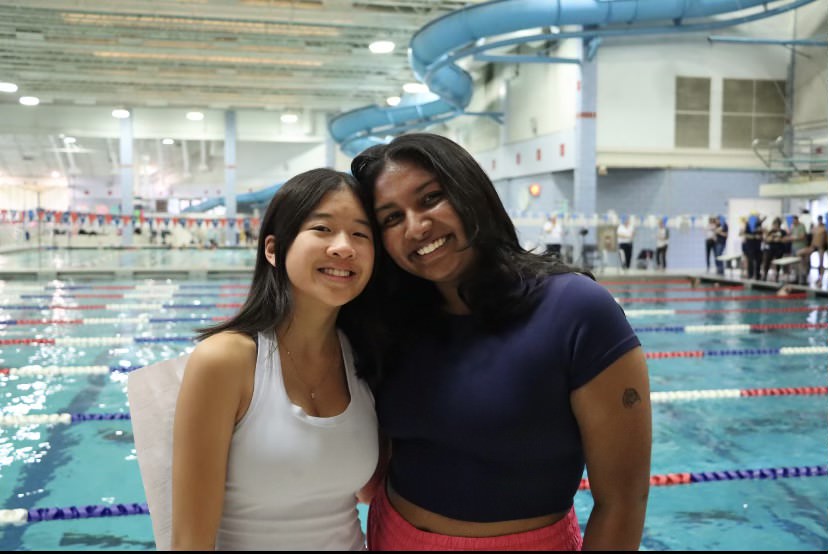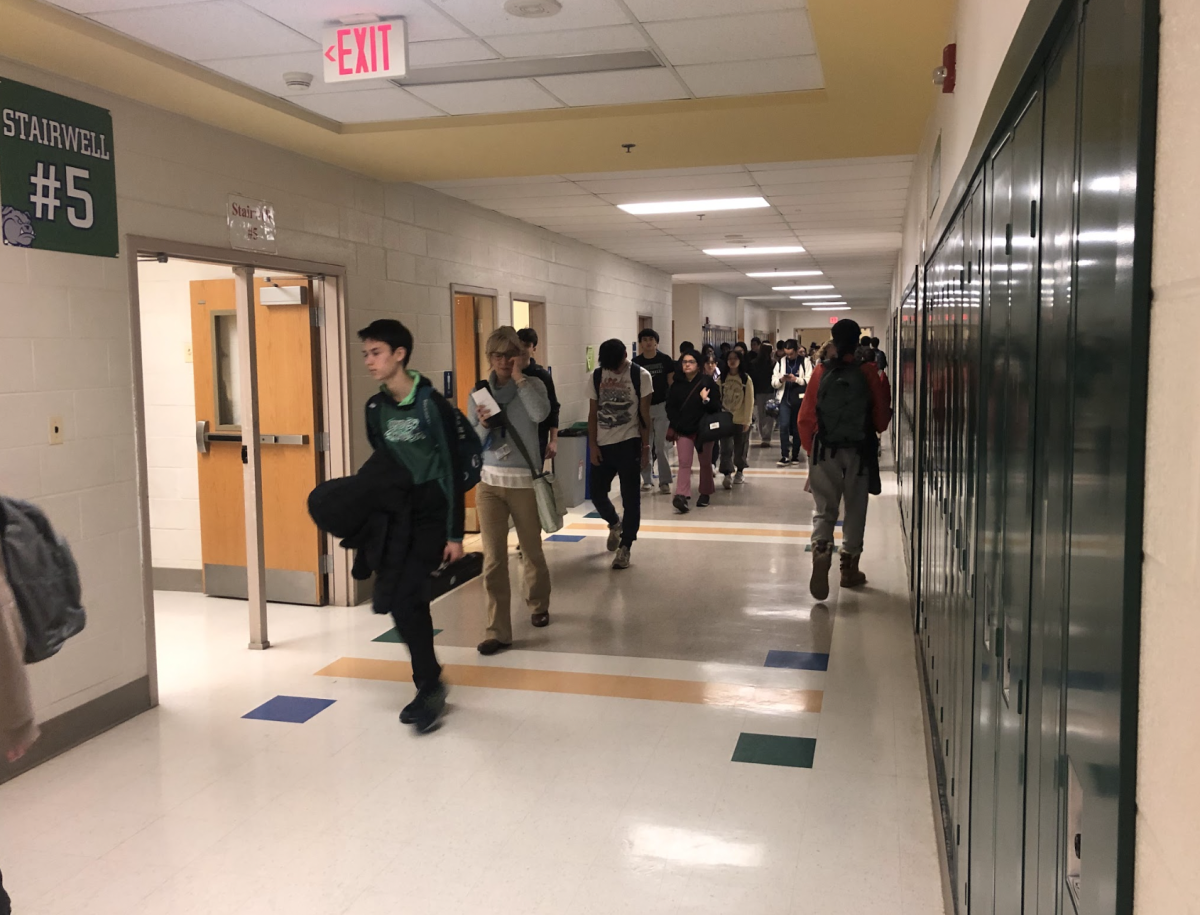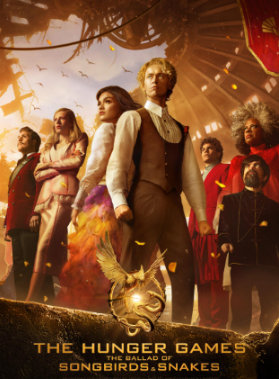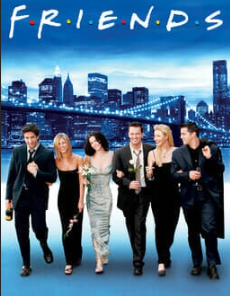Ninety-two-year-old Holocaust survivor Margo Friedlander spoke to a group of CHS students and teachers April 11.
Friedlander was finishing a tour for her book Try to Make Your Life. CHS is the only public school in the United States she visited.
“This [was] the students first and maybe only chance to listen to a Holocaust survivor and ask questions,” said World History teacher Joan Zuckerman who helped organize the event.
Friedlander read directly from her book and then answered a few questions from students.
She spoke about her experience and how she lost her mother and brother. Before leaving her mother told her to “try to make your life” which is what she titled her memoir. Her mother also gave her a necklace and a note which she still has to this day.
According to Friedlander, she was in hiding in Germany for one year and three months. She had 16 helpers and says she was very lucky to have helpers who had the courage to help her and others in hiding.
Friedlander urged the students to make sure to take all the opportunities they are given because she always thinks about her brother and all the opportunities he missed because of their situation. She lost her brother when he was 17 and she was 22.
“I thought she was very inspirational and she gave great messages about enjoying your life as a young adult,” sophomore Sahara Mokhtari said.
According to Friedlander, she came to speak with CHS because she believes in sharing her story and experiences with young people and being a voice for those who were killed in the holocaust and cannot speak for themselves. According to Zuckerman, Friedlander feels like it is her mission to spread information.
“I thought it was very impressive she said she was speaking for those people who couldn’t speak for themselves,” Principal Joan Benz said. “She didn’t want anyone to forget, she wanted to keep it fresh in everyone’s mind.”
She also spoke at 92 Street Y, NYU, Goethe Institute Washington DC, the US Holocaust Memorial Museum, and was interviewed by NPR.
CHS students were given this opportunity because Zuckerman knows Don Koller, the American publisher of Friedlander’s book. A student of hers had been reading “Night” by Elie Wiesel, which brought up the conversation between her and Koller about Friedlander.
“I know the publisher, and I always look for ways to make the social studies curriculum more believable and understandable,” Zuckerman said.
This connects to what students of all grades recently learned in their classes. Sophomores read the novel Night by Eli Wiesel in their English classes, and World History classes just finished learning about World War II and the Holocaust.


